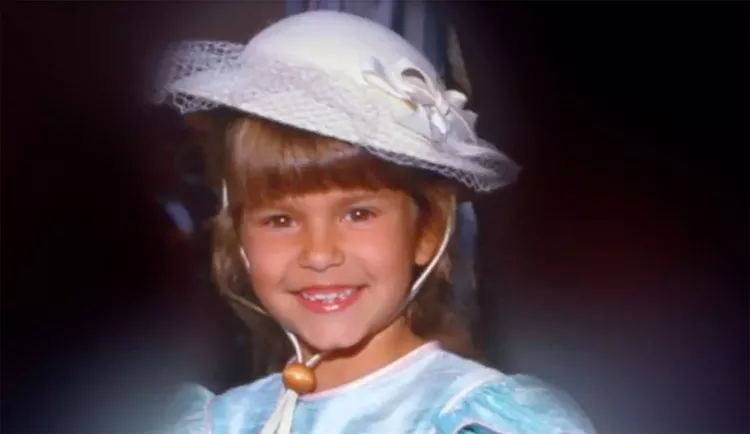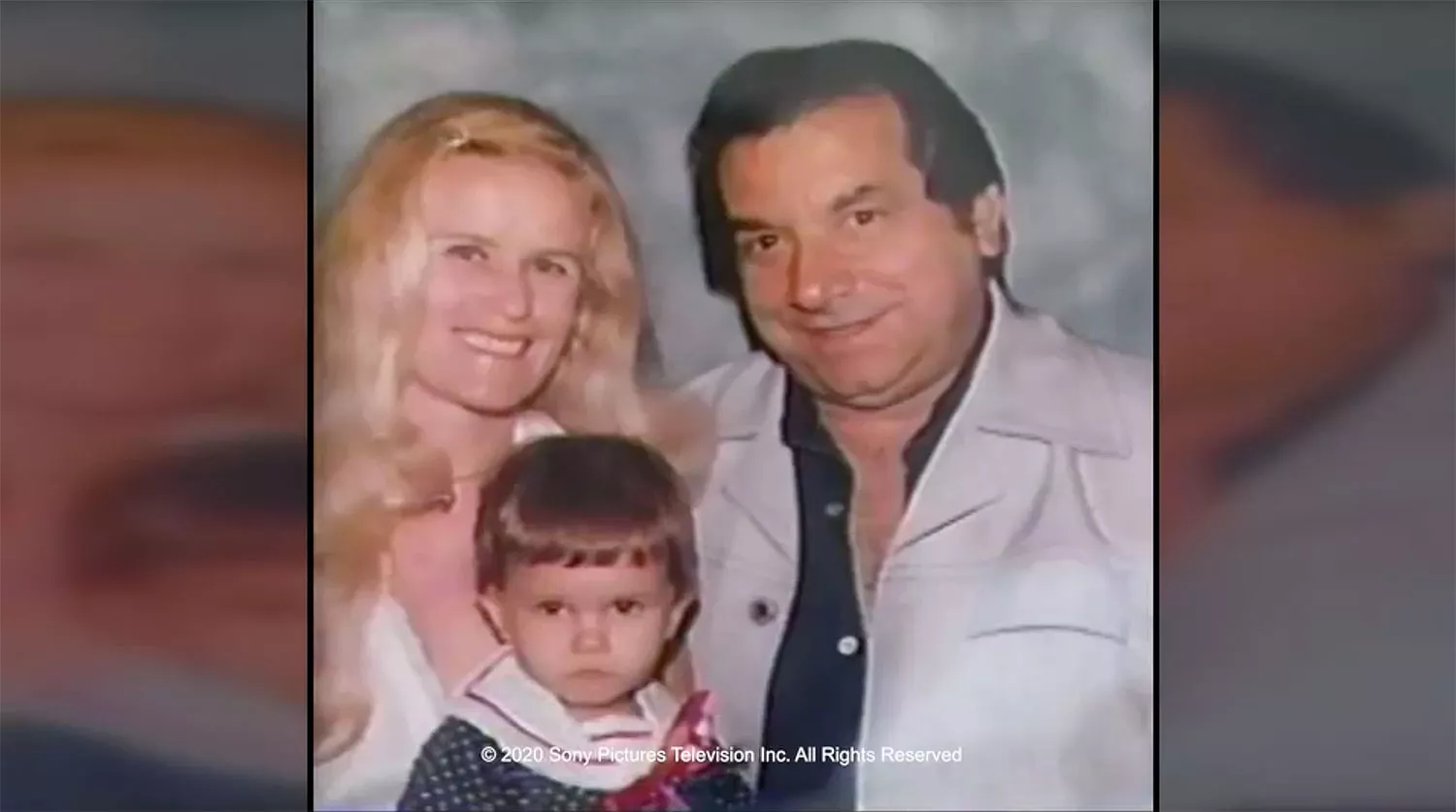People
How did Judith Barsi die? All about murder of the ‘All Dogs Go to Heaven’ child star

The heartbreaking story of Judith Barsi is a stark reminder of the hidden struggles that can exist behind a picture-perfect life. Known for her roles in iconic animated films like The Land Before Time and All Dogs Go to Heaven, Judith’s talent and charisma captured the hearts of millions. However, her promising life was tragically cut short at just 10 years old when she and her mother were murdered by her father in a horrifying act of violence. Here is an in-depth look at her life, career, and the tragic circumstances surrounding her death.
Profile summary
| Full Name | Judith Eva Barsi |
| Date of Birth | June 6, 1978 |
| Date of Death | July 25, 1988 |
| Parents | Maria Barsi, József Barsi |
| Notable Roles | Ducky (The Land Before Time), Anne-Marie (All Dogs Go to Heaven) |
| Career Highlights | Over 70 commercials, roles in TV and film |
| Cause of Death | Murder by her father |
| Legacy | Iconic voice roles, child welfare advocacy |
Who Was Judith Barsi?
Judith Eva Barsi was a promising young actress whose life was tragically cut short at the age of 10. Born on June 6, 1978, in Los Angeles, California, to Hungarian immigrant parents Maria and József Barsi, Judith’s extraordinary talent was apparent from a young age. Discovered at a skating rink at just five years old, Judith quickly became a sought-after child actress in Hollywood. Her diminutive stature allowed her to convincingly portray characters much younger than her age, giving her a unique edge in the competitive acting world.
Judith’s career included over 70 commercials and several prominent roles in film and television. She was best known for voicing Ducky in The Land Before Time, and Anne-Marie in All Dogs Go to Heaven. Both films were released posthumously, showcasing her immense potential and leaving a legacy that resonates with audiences today.
Who Were Judith Barsi’s Parents?

Judith Barsi with parents Maria and József.
Source: Sony Pictures Television
Maria and József Barsi were Hungarian immigrants who fled their homeland following the 1956 Soviet occupation. Maria, who had aspired to be an actress, channelled her dreams into nurturing Judith’s talent. József, on the other hand, struggled with demons from his past, including a troubled childhood in an industrial region of Hungary. The couple’s relationship was tumultuous and fraught with conflict, which escalated as Judith’s career blossomed.
Maria worked tirelessly to support Judith’s burgeoning acting career, but József’s increasing jealousy and paranoia cast a dark shadow over their home life. While Maria hoped to provide a better future for her daughter, József’s erratic and abusive behaviour created an environment of fear and instability.
What Was Judith Barsi’s Career Like?
Judith’s acting debut came at three in the mini-series Fatal Vision. By age 10, she had already appeared in several television shows, including St. Elsewhere, Cagney and Lacey, and Growing Pains. She also landed roles in films such as Jaws: The Revenge, where she played Thea Brody.
Her voice-acting roles in The Land Before Time and All Dogs Go to Heaven remain some of her most iconic performances. Judith’s expressive and endearing voice brought animated characters to life in these roles, earning her critical acclaim and a lasting place in viewers’ hearts.
Was Judith Barsi Abused?
Despite her professional success, Judith’s home life was deeply troubled. József was an alcoholic with a violent temper, and his abusive behaviour escalated as Judith’s fame grew. He reportedly made frequent threats against Maria and Judith, creating an atmosphere of terror within the household. One particularly chilling incident occurred when József held a knife to Judith’s throat before she left to film Jaws: The Revenge, warning her not to return.
Maria attempted to shield Judith from her father’s rage, even renting a separate apartment as a daytime refuge. However, her reluctance to leave József entirely and the systemic failures of child protective services left Judith vulnerable. The signs of abuse were evident, with Judith exhibiting severe emotional distress and self-harming behaviours such as pulling out her eyelashes. Despite multiple reports to authorities, little action was taken to protect Judith and her mother.
What Happened on the Day Judith Barsi Died?
On July 25, 1988, József Barsi’s threats culminated in an unthinkable act of violence. He shot Judith in the head while she was asleep in her bedroom. Maria, hearing the gunshot, ran to check on her daughter but was also shot and killed by József. After leaving their bodies in the house for three days, he doused them with gasoline, set the house on fire, and took his own life in the garage.
The murders shocked the entertainment industry and the broader community, prompting outrage and calls for reform in how authorities handle cases of domestic abuse. Judith’s untimely death underscored the tragic consequences of systemic failures to address signs of emotional and psychological abuse.
What Happened After Judith Barsi’s Death?
The murder of Judith Barsi sparked outrage and calls for systemic reforms in addressing domestic violence and child abuse. Advocates pointed to the failure of authorities to act on prior warnings and the challenges in dealing with cases of emotional abuse.
Judith and her mother were buried in unmarked graves at Forest Lawn Memorial Park in Los Angeles. In 2004, fans raised funds to place a headstone on Judith’s grave, inscribed with her nickname, “Our Concrete Angel,” and her famous catchphrase as Ducky: “Yep, Yep, Yep!”
How Did Judith Barsi’s Death Impact Society?
The tragedy of Judith and Maria Barsi’s deaths highlighted critical shortcomings in the child welfare system. Advocacy groups and policymakers called for enhanced training for caseworkers and greater attention to emotional abuse as a risk factor for violence. The case remains a stark reminder of the importance of early intervention and the need for systemic changes to protect vulnerable individuals.
Judith’s work in The Land Before Time and All Dogs Go to Heaven continues to resonate with audiences. Her performances are celebrated for their emotional depth and innocence, a bittersweet reminder of her talent and potential.
The song “Love Survives,” featured in All Dogs Go to Heaven, was dedicated to her memory. She remains an icon of child stardom in Hollywood. Her story has been used to raise awareness about the importance of addressing domestic violence and protecting vulnerable children.
FAQs
Who were Judith Barsi’s parents? Judith’s parents, Maria and József Barsi, were Hungarian immigrants who fled their homeland after the 1956 Soviet invasion. Maria supported Judith’s acting career, while József’s abusive behaviour ultimately led to their tragic deaths.
What were Judith Barsi’s most famous roles? Judith is best remembered for voicing Ducky in The Land Before Time, and Anne-Marie in All Dogs Go to Heaven. Both films were released after her death and remain beloved classics.
How did Judith Barsi die? Judith was murdered by her father, József Barsi, on July 25, 1988. He shot her while she was asleep, then killed her mother before setting their house on fire and taking his own life.
Where is Judith Barsi buried? She and her mother are buried at Forest Lawn Memorial Park in Los Angeles. Her grave marker, installed in 2004, features her nickname, “Concrete Angel”, and the iconic catchphrase of her character, Ducky.
How did Judith Barsi’s story impact child protective services? Her case highlighted significant shortcomings in how authorities handle cases of emotional abuse and domestic violence. It led to increased awareness and calls for better intervention strategies.
